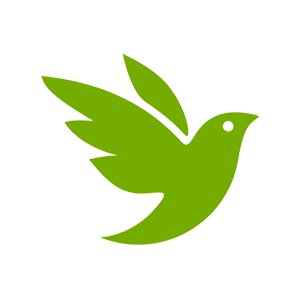The Night Shift
As the sun sets, and most of the bees and butterflies and other pollinators find a safe space for the night, another crew heads out on their nightly nectar forays. In many parts of the world, bats are a part of this shift, and some flowers are entirely dependent upon them for providing critical pollination services. But there is another night team that scientists are learning more and more are also important for their work at night – the moths.
Moths may not be on our radar screens, though they certainly are for many insectivorous bats. We might see them gather around our porch lights by the dozens, street lights by the hundreds, or the monstrous lights at nighttime sporting events by the thousands. But they are also drawn to many species of wildflowers, flowering trees, ornamental plants, and even some agricultural crops. Our overwhelming use of artificial lighting actually draws them away from providing what may be essential ecological services.
The U.S. is home to about 12,000 species of butterflies and moths – together, the Lepidopterans – but only about 800 of those species are butterflies. The other 11,000+ are moths. At the global scale, moth species outnumber species of butterflies by about 9:1, and evidence suggests that butterflies actually evolved from moths to fill that daytime niche. And interestingly, some species of moths are also more active during the daytime. This includes hawkmoths, many of which resemble tiny hummingbirds.
Today, the role of moths as pollinators is still rather understudied. Recent studies in the Mediterranean, Brazil, New Zealand, Europe and North America point to their role being understated as well. Your observations of moths on flowers can help us better understand their role as pollinators. And this being National Moth Week, you can learn more about these denizens of the night here: https://nationalmothweek.org/ .



